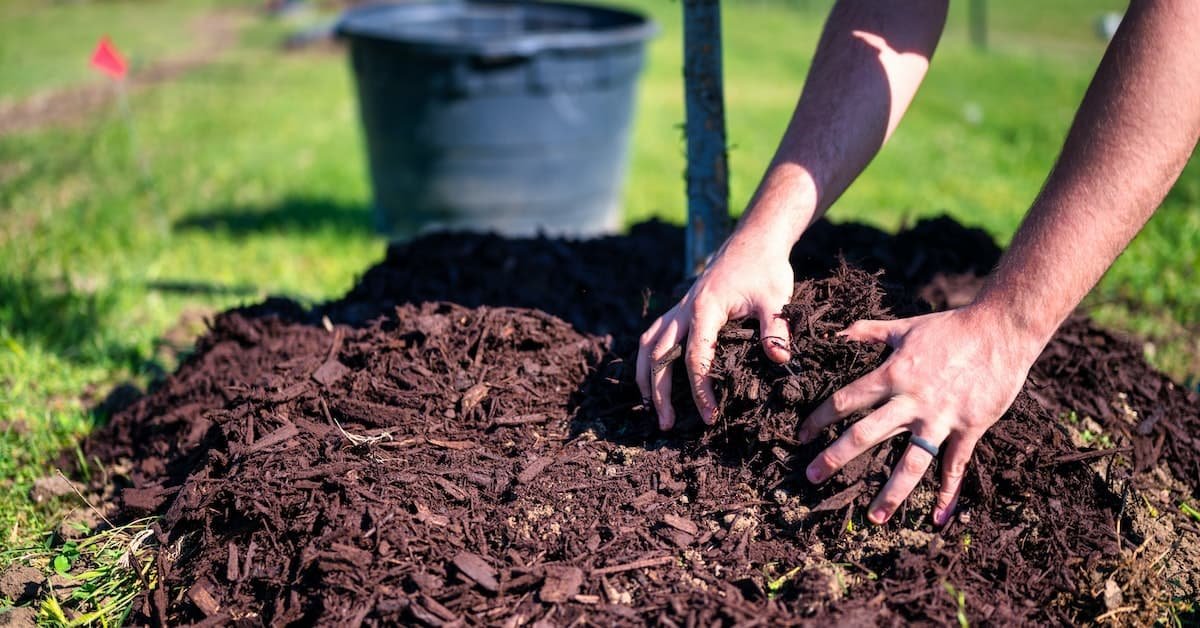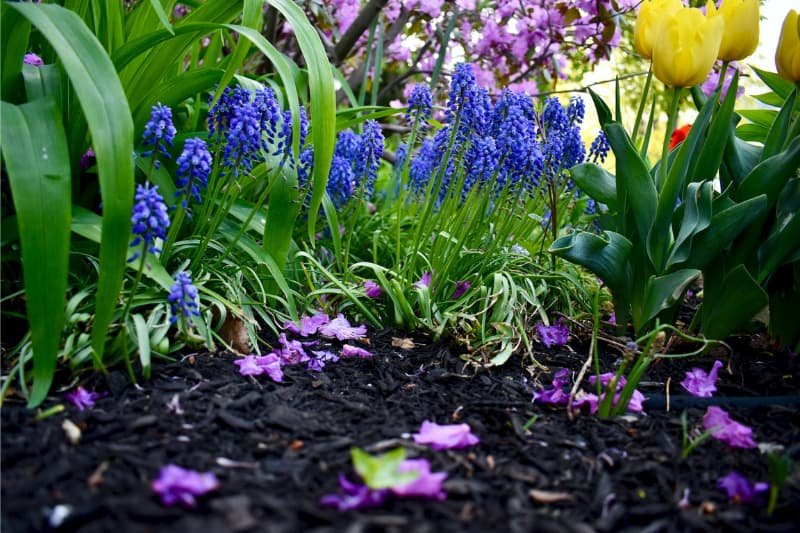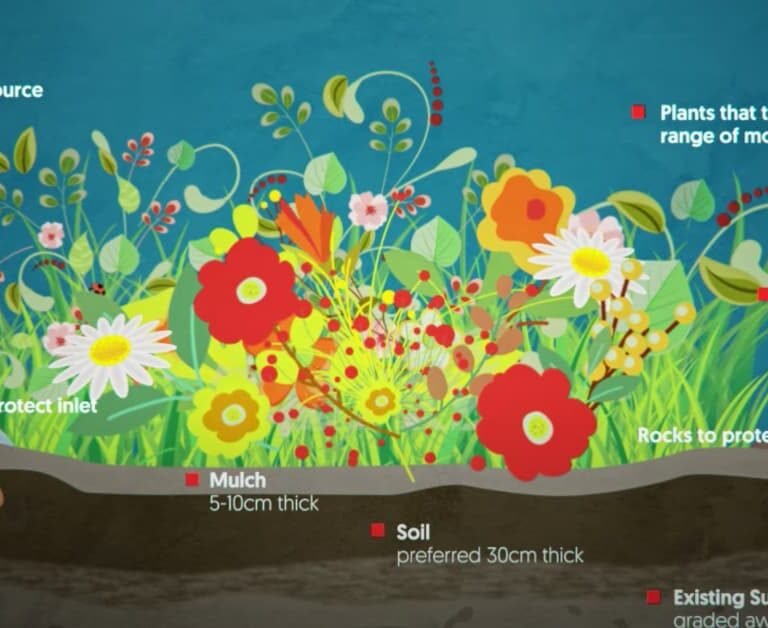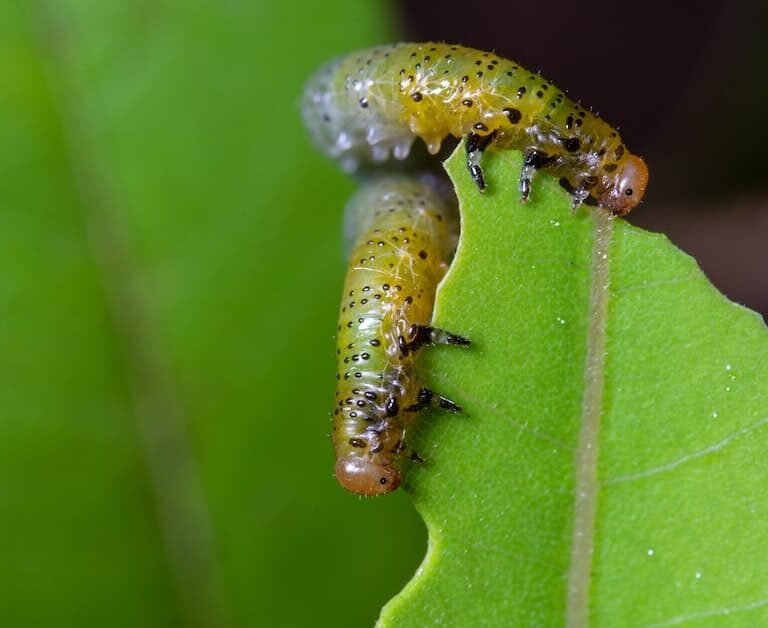
Mulching – a method that not only suppresses weed growth but also has plenty of benefits for the garden ecosystem.
Mulch, a protective covering spread over the soil surface, acts as a veritable shield against the encroachment of weeds.
By blocking the sunlight and thwarting the germination of weed seeds, mulch establishes a barrier that preserves the garden’s appearance.
Some of the benefits of mulch include keeping the soil cool, moist, and enriched with essential nutrients. This will alleviate the need for excessive watering and fertilization.
To achieve optimal weed control, a selection of high-quality mulch is important. Wood chips, bark, or sawdust are excellent choices that suppress weeds and also break down gradually to enrich the soil.
In this article, we will explore the benefits of mulch, delve into the various types available, and provide insightful tips for effective mulching.
Short Summary
- Mulch is an effective tool for controlling weeds in the garden.
- Pre-emergent herbicides can be used with mulch to prevent weed growth.
- Using a black plastic weed barrier beneath the mulch can prevent weed growth.
- High-quality mulch made of wood chips, bark, or sawdust is recommended.
Benefits of Using Mulch

One of the advantages of using mulch in the garden is that it helps to keep the soil cool and moist in summer and acts as a protective layer in winter.
Mulch provides a natural solution for weed prevention and soil health, offering several benefits over herbicides.
Unlike herbicides, mulch creates a physical barrier that blocks sunlight, preventing weed seeds from germinating and taking root. This reduces the need for chemical weed control methods.
Additionally, mulch adds nutrients to the soil as it decomposes, improving the health of the garden. It also helps to keep moisture, reducing the frequency of watering.
By maintaining a consistent layer of mulch, gardeners can enjoy a weed-free and thriving garden while promoting sustainable and environmentally friendly practices.
Types of Mulch
You can use different types of materials as a protective covering for soil to suppress weed growth. Shredded rubber from recycled tires, has been found to prevent the growth of weeds while also providing drainage and preventing erosion.
However, it is important to choose the right type of mulch based on the specific needs of the garden. High-quality mulch made of wood chips, bark, or sawdust is recommended for most plants, as it provides good insulation and nutrient enrichment for the soil.
Grass clippings, shredded leaves, or straw can also be used as mulch, but they may not offer the same level of weed suppression and durability.
Tips for Effective Mulching
To ensure successful mulching, proper preparation and application techniques are essential.
Here are three key mulching techniques and mulch application tips to help you maintain a weed-free garden:
- Clear the area: Before applying mulch, remove any existing weeds or grass from the area to create a clean foundation. This will prevent weed growth underneath the mulch.
- Apply a thick layer: To effectively suppress weed growth, apply a layer of mulch that is at least 3 inches thick. This will create a barrier that blocks sunlight and prevents weed seeds from germinating.
- Mulch regularly: Mulch decomposes over time, so it’s important to replenish it regularly. Check the depth of the mulch every few months and add more as needed. This will ensure that the mulch remains effective in suppressing weed growth and maintaining soil moisture.
By following these mulching techniques and application tips, you can create a beautiful and weed-free garden that thrives.
FAQs:
How often should I apply mulch to my garden?
Mulch should be applied to the garden every 1 to 2 years, depending on the type of mulch and its rate of decomposition.
Can I use mulch around trees and shrubs?
Mulch can be used for weed control in flower beds and has several benefits when applied around trees and shrubs.
It prevents weed growth, retains moisture, regulates soil temperature, and adds nutrients to the soil.
What are some alternative options to using plastic barriers under mulch?
Sustainable alternatives to plastic barriers under mulch include using landscape fabric or newspapers.
These natural weed control methods provide a barrier against weed growth while still allowing air and water to reach plants.
How can I prevent mulch from blowing away in windy areas?
To prevent mulch erosion in windy areas, it is important to choose the right type of mulch.
Coarse mulch, such as wood chips or bark, is less likely to blow away. Additionally, applying a thicker layer of mulch can help anchor it in place.
Are there any potential downsides or risks to using pre-emergent herbicides with mulch?
While these herbicides can be effective in preventing weed growth, their use should be monitored to minimize any negative effects on the environment.




